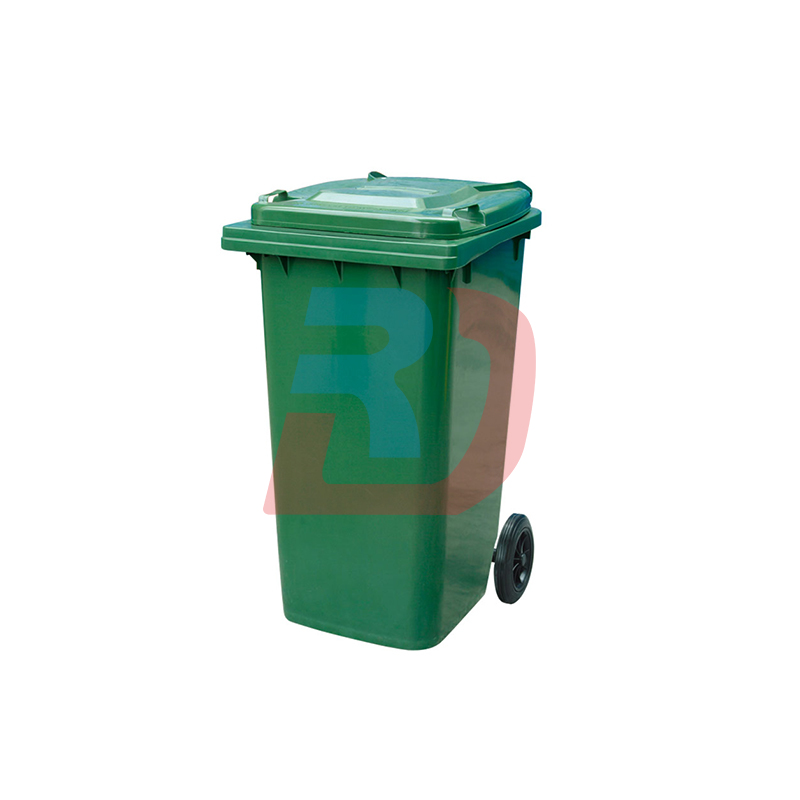Industrial garbage bin moulds play a critical role in providing efficient and durable solutions for waste management in various industries. Here are some key advantages of industrial garbage bin moulds:
Efficient production: Industrial garbage bin moulds enable the mass production of garbage bins with high efficiency. The injection moulding process allows for fast and automated production, resulting in shorter cycle times and increased output. This efficiency is particularly beneficial for industries that require a large number of garbage bins, such as manufacturing facilities, commercial complexes, and public spaces.
Customization options: Garbage bin moulds offer customization options to meet specific requirements. They can be designed to produce garbage bins in various sizes, capacities, and configurations. This allows for customization based on waste volume, disposal methods (such as recycling or organic waste separation), and specific industry needs. Customization ensures that the garbage bins perfectly fit the waste management systems in place.
Durable construction: Industrial garbage bin moulds produce bins that are built to withstand heavy-duty use and harsh environmental conditions. The moulds are designed to use durable materials such as high-density polyethylene (HDPE) or polypropylene (PP), which provide excellent strength, impact resistance, and resistance to chemicals, UV radiation, and weathering. This durability ensures that the garbage bins maintain their structural integrity and functionality over a long service life.
Easy handling and transportation: Garbage bin moulds create bins with features that facilitate easy handling and transportation. This includes options for integrated handles, wheels, and lifting mechanisms, which allow for convenient movement and placement of the bins. These features improve the efficiency of waste collection and disposal processes, reducing the physical strain on workers and enabling smoother operations.
Hygienic design and maintenance: Industrial garbage bin moulds incorporate hygienic design features to support proper waste management practices. The bins are designed with smooth surfaces, rounded corners, and seamless interiors to minimize the accumulation of dirt, odors, and bacteria. They are also easy to clean and maintain, reducing the risk of contamination and ensuring a clean and hygienic waste storage environment.
Compatibility with waste management systems: Garbage bin moulds are designed to be compatible with various waste management systems and processes. They can be equipped with features such as lid options (hinged or removable), lock mechanisms, or sorting compartments to accommodate different waste segregation requirements. This compatibility allows for seamless integration with existing waste collection and disposal systems, promoting efficient waste management practices.
Environmentally sustainable: Industrial garbage bin moulds contribute to environmental sustainability in multiple ways. Firstly, they promote proper waste segregation and disposal, supporting recycling efforts and reducing landfill waste. Secondly, the use of durable and recyclable materials in garbage bin production minimizes the environmental impact. Additionally, the long lifespan of industrial garbage bins reduces the need for frequent replacements, further reducing waste generation.
Compliance with safety standards: Garbage bin moulds enable manufacturers to produce bins that comply with safety standards and regulations. This includes meeting requirements for structural integrity, load capacity, and safety features such as anti-tipping mechanisms or locking systems. Compliance with safety standards ensures that the garbage bins are safe to use and reduces the risk of accidents or injuries during waste handling processes.


In summary, industrial garbage bin moulds offer efficiency in production, customization options, durable construction, easy handling and transportation, hygienic design and maintenance, compatibility with waste management systems, environmental sustainability, and compliance with safety standards. These advantages contribute to effective and sustainable waste management practices in various industries, promoting cleanliness, hygiene, and efficient waste disposal.



 English
English Español
Español 中文简体
中文简体












